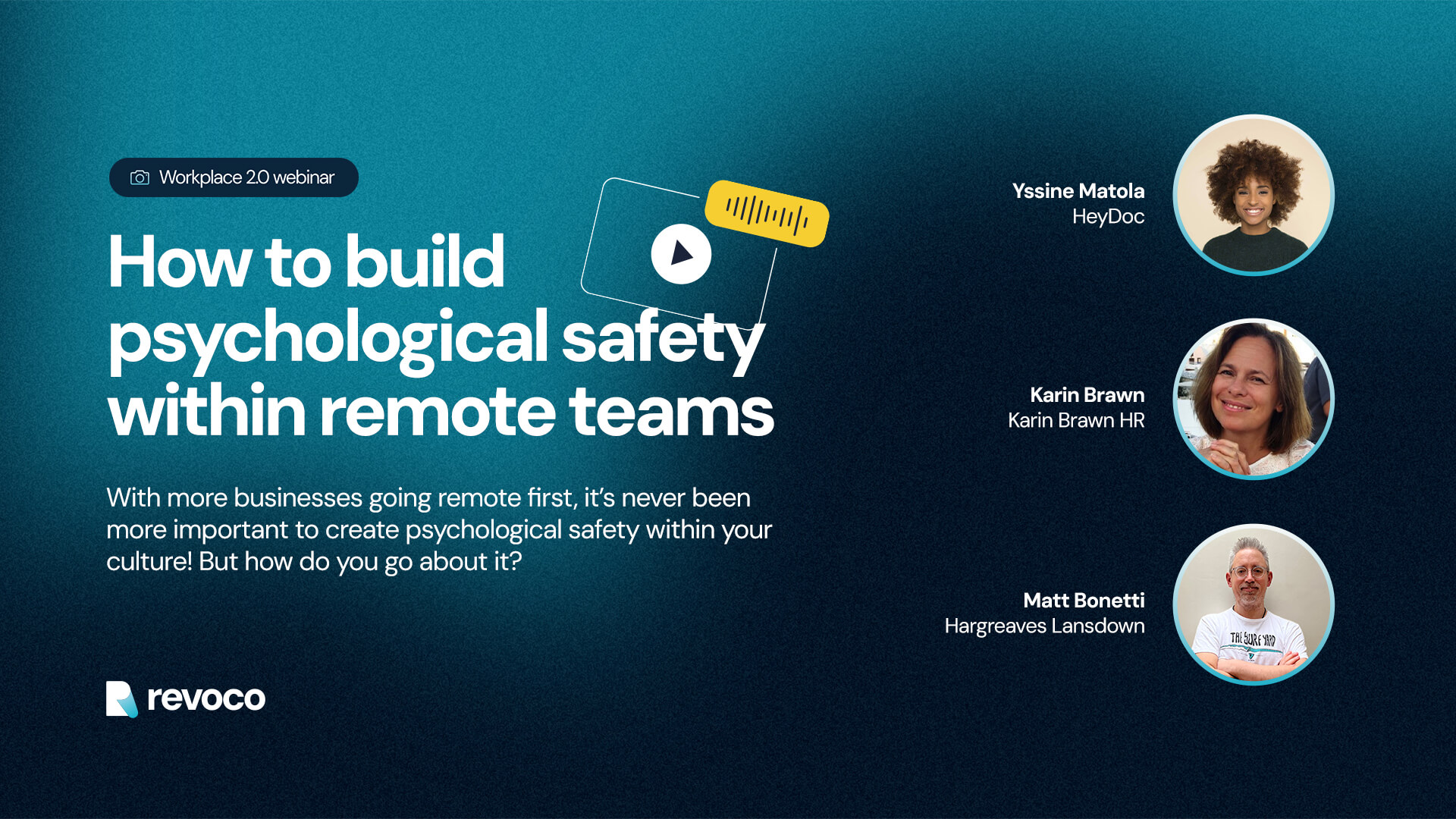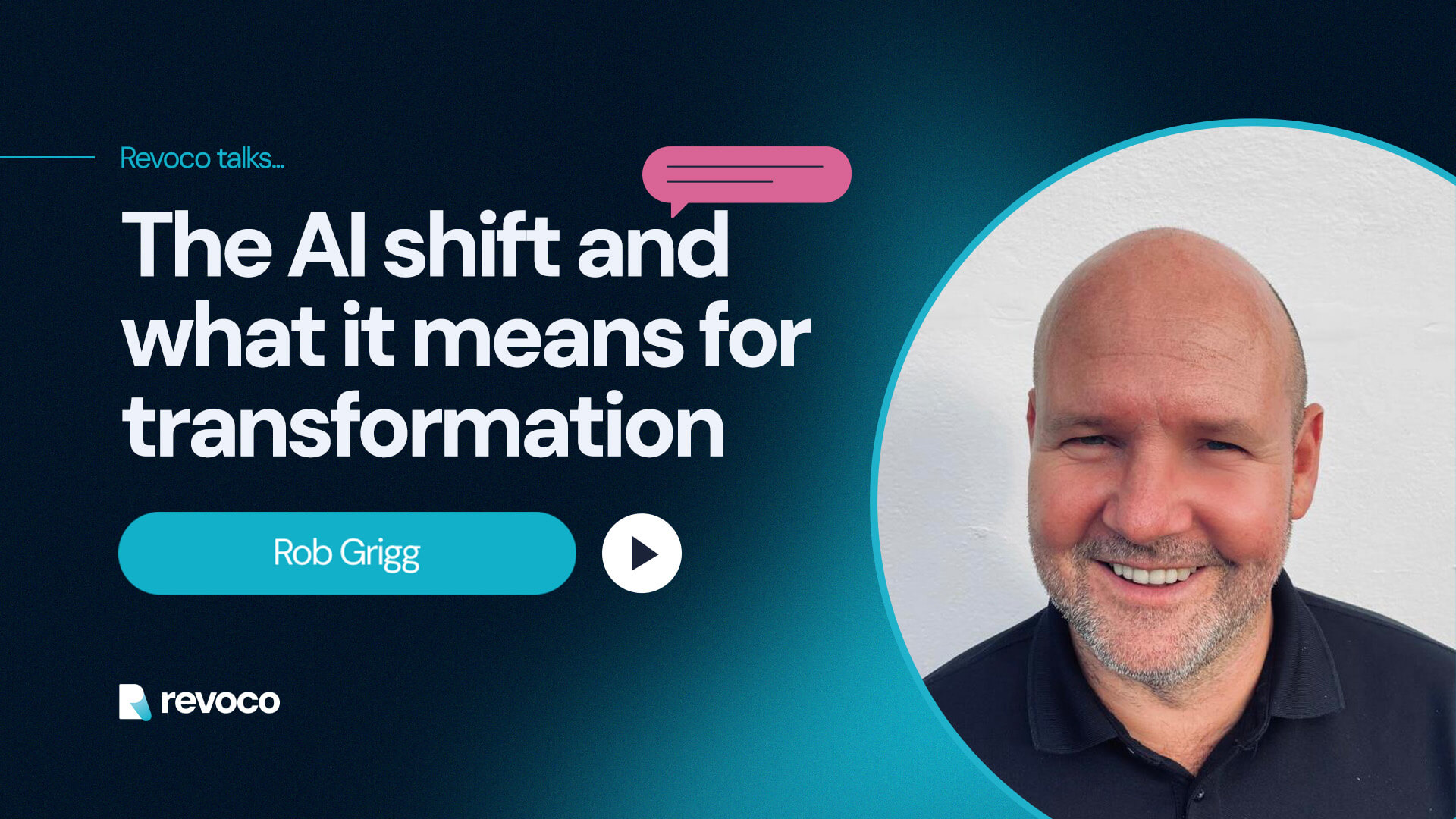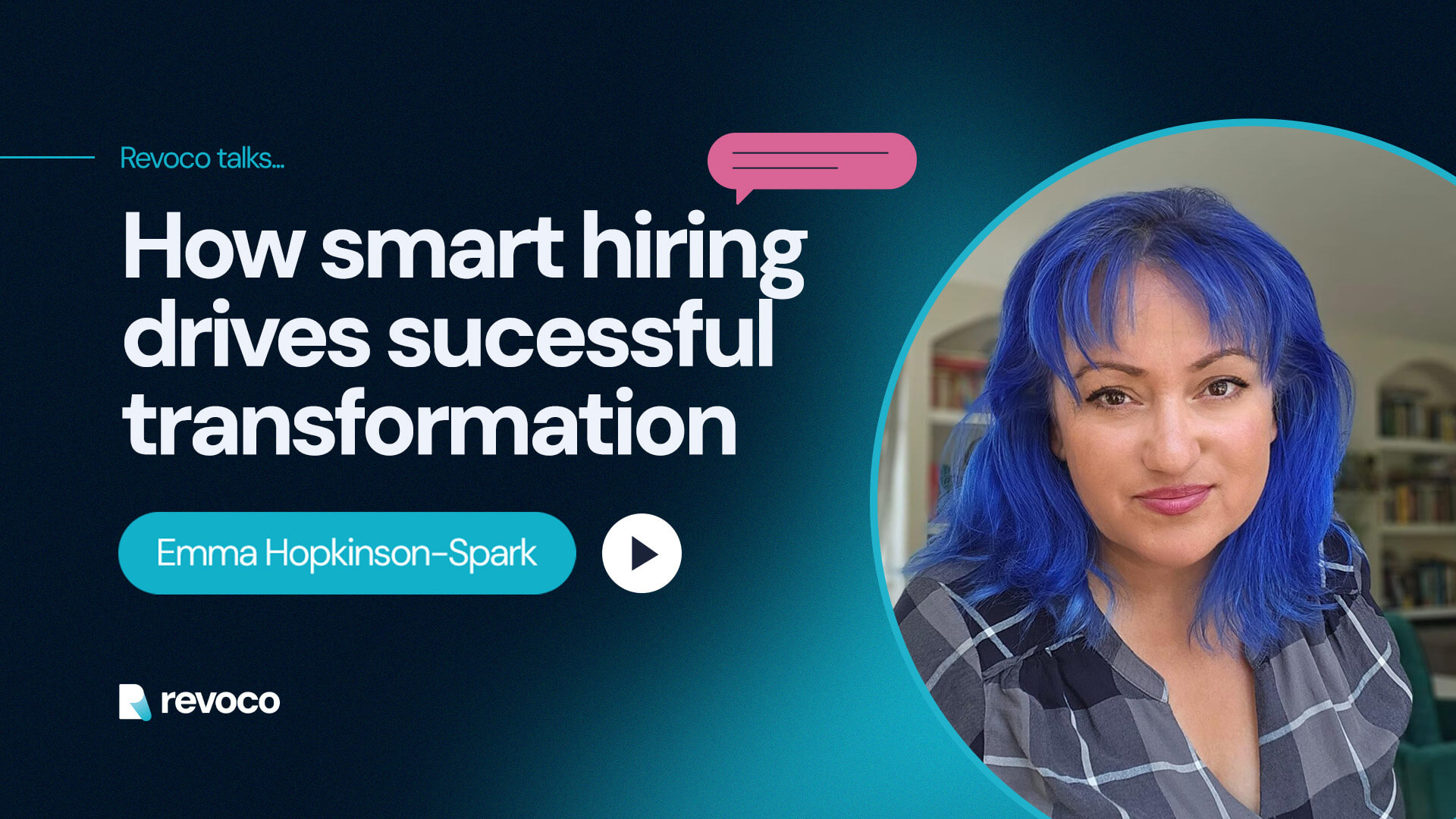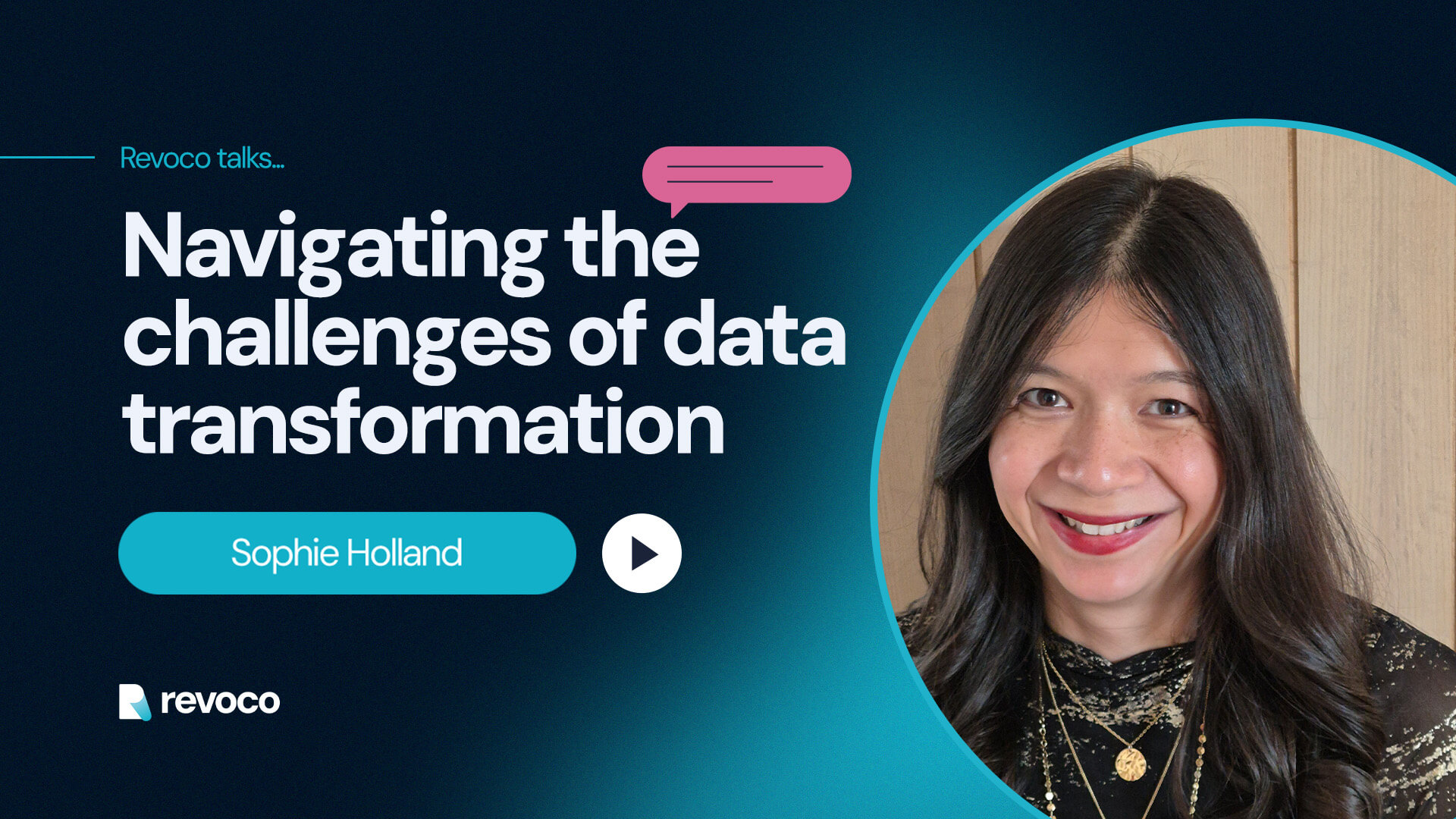With more organisations becoming remote first, managers and leaders are facing new challenges. One of the most critical is psychological safety, and the unique issues that arise when building safe working environments for distributed teams.
In this episode of Workplace 2.0, we explored what psychological safety really means, the challenges remote teams face, and the steps leaders can take to embed it in their culture.
Our Founder, Iain, was joined by an excellent panel of guest speakers:
Karin Brawn – Independent HR Consultant
A chartered member of the Institute for Personnel and Development (MCIPD), Karin has over 30 years’ HR experience. She now works as an independent consultant, drawing on recent Masters-level research into the efficacy and ROI of mental health interventions in large organisations.
Matt Bonetti – Head of Developer Experience at Hargreaves Lansdown
As Head of Digital Colleague Experience at Hargreaves Lansdown, the UK’s number one investment platform for private investors, Matt focuses on creating the conditions for digital teams to thrive. With over 25 years’ experience, he combines technical expertise with a people-first approach.
Yssine Matola – VP of People at Heydoc
Yssine leads the people function at Heydoc, a healthcare practice management software provider. She is passionate about building inclusive and seamless employee experiences, and has spent the last 12 years shaping people strategies for start-ups, scale-ups and corporates across Europe. She is also co-founder of Thriving Tribes, a consultancy supporting tech start-ups.
Key takeaways from this episode include:
- What psychological safety is not, and why this distinction matters
- How remote environments can exacerbate toxic cultures
- The specific challenges remote teams face around psychological safety
- Building blocks to instil psychological safety across global, remote-first teams
About Workplace 2.0
Revoco’s Workplace 2.0 webinar was set up with one purpose: to address topical challenges employers and managers were facing in the drastically changing workplace. Just over two years on, we are still on a mission to help you answer some of those all-important questions.



